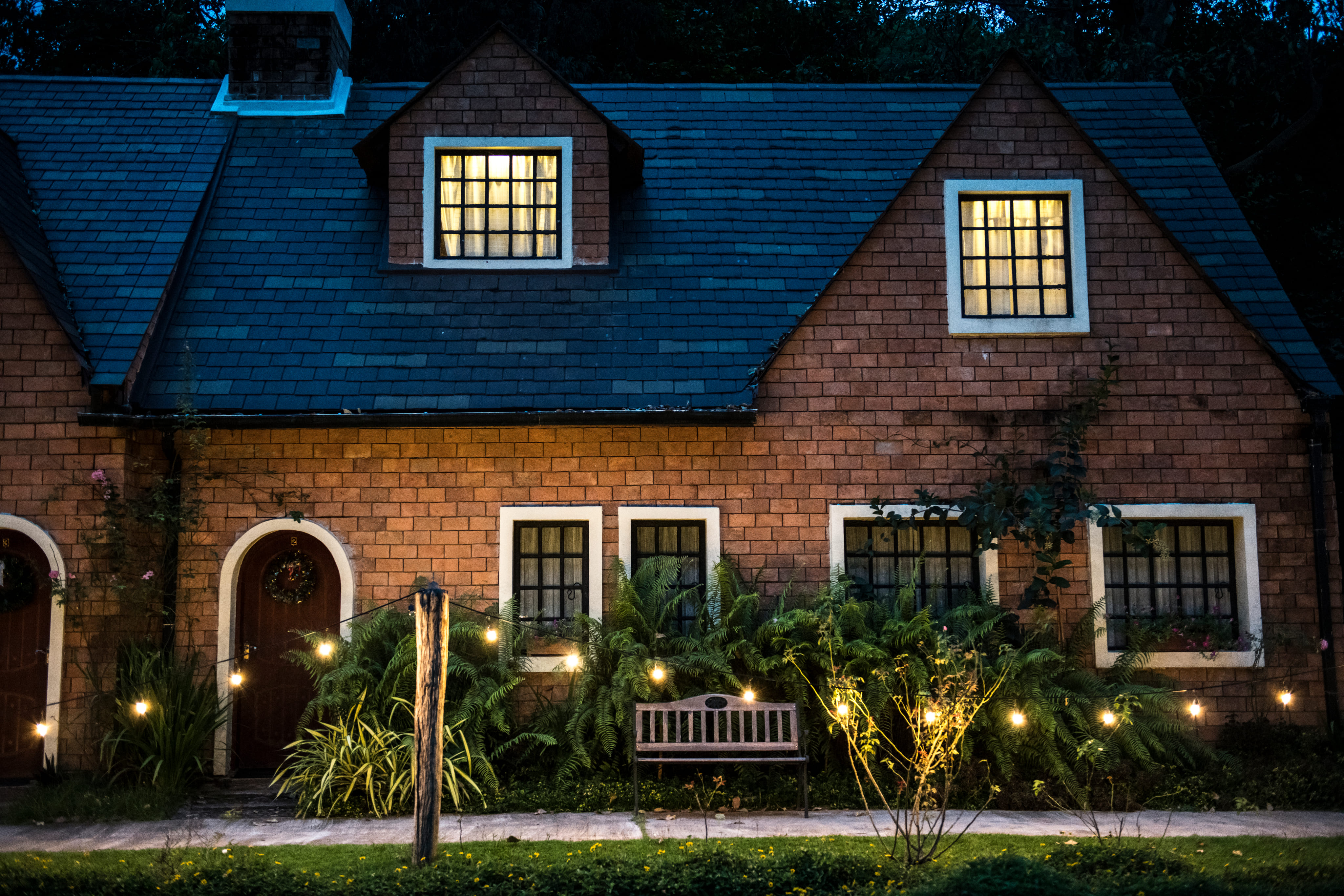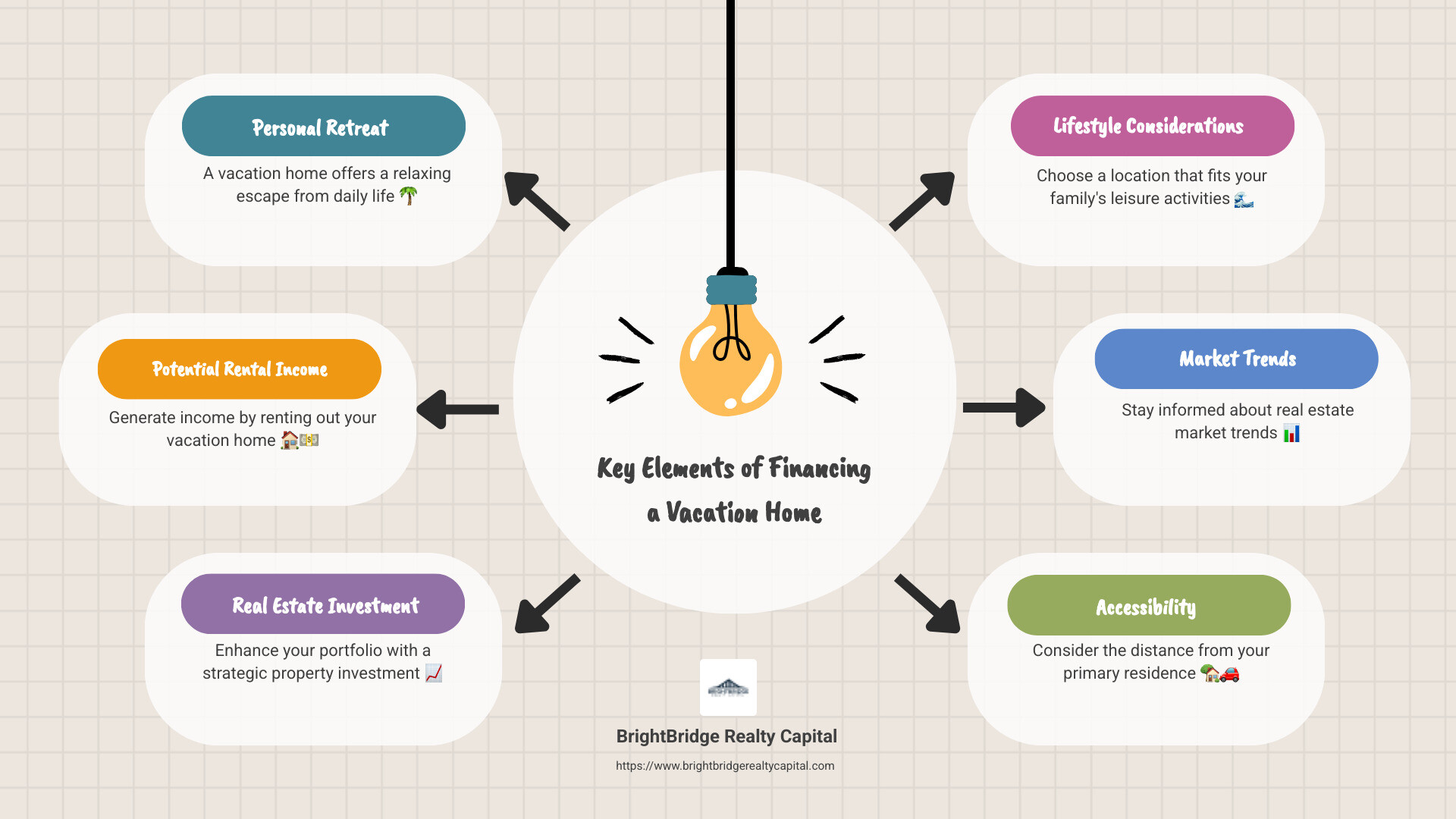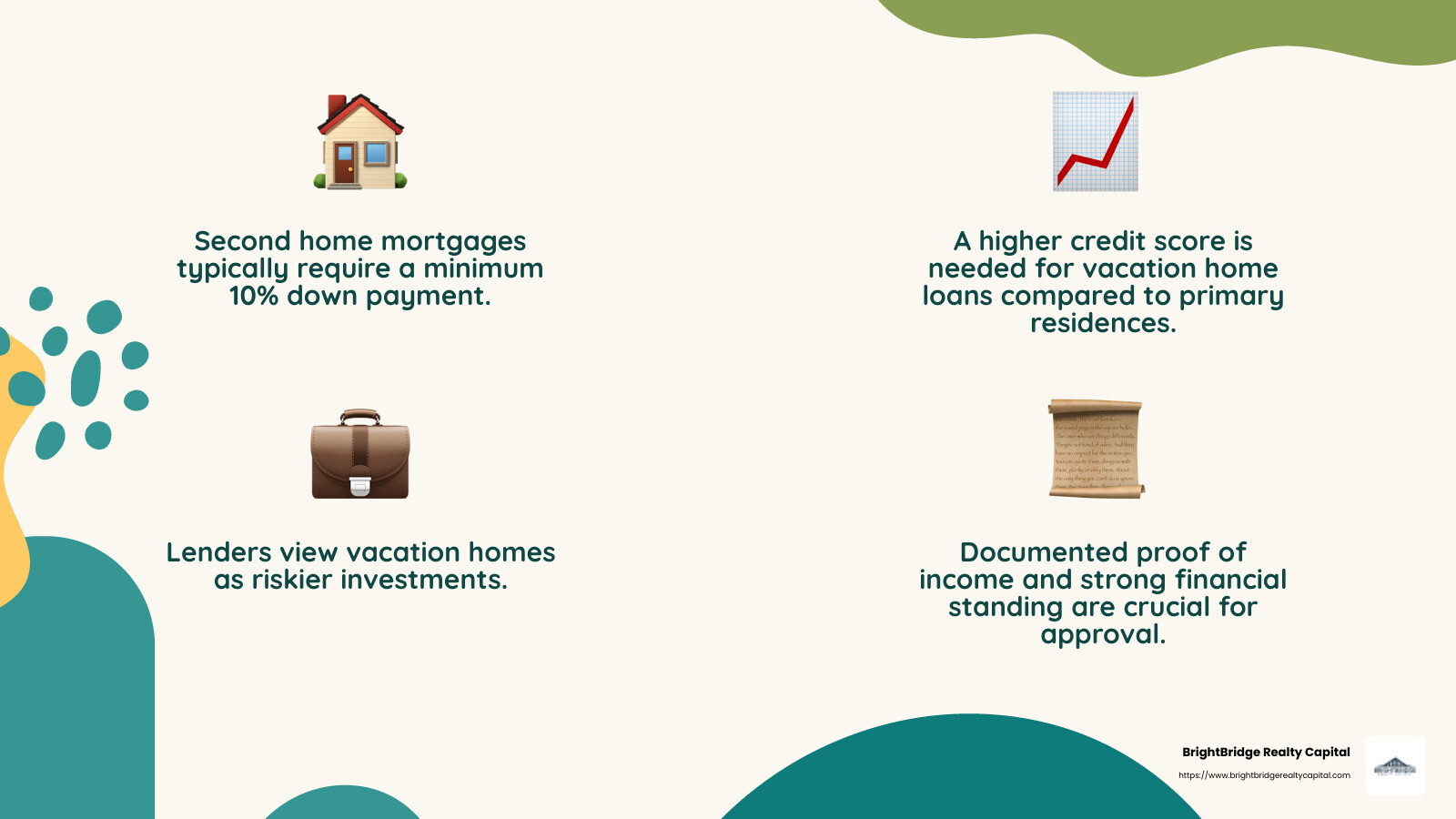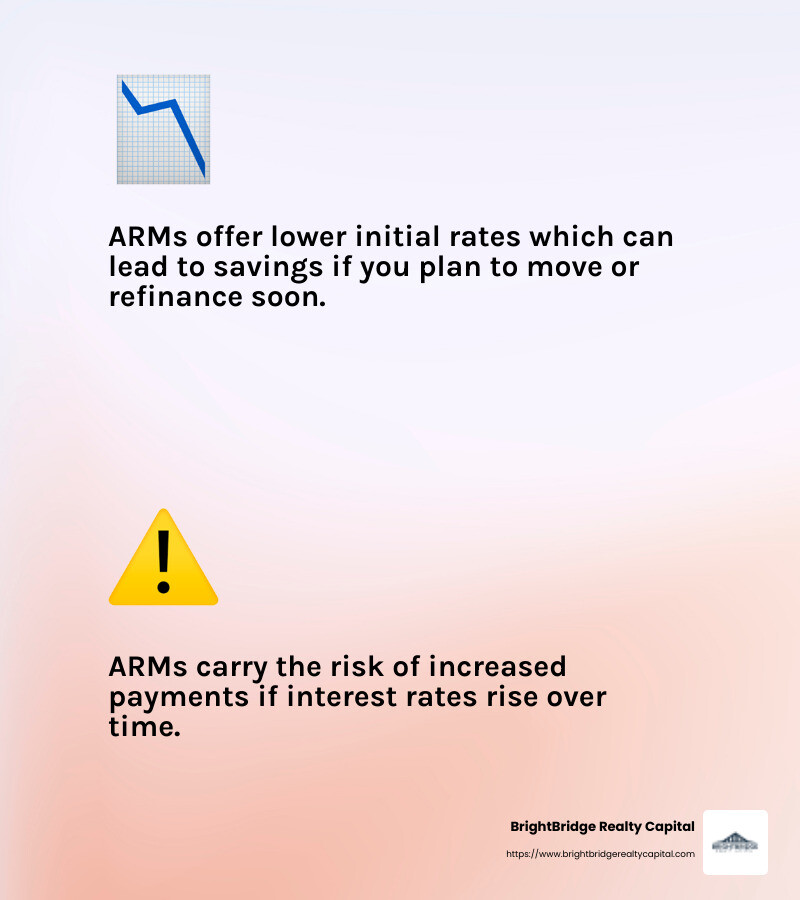From Dream to Reality: A How-To on Vacation Home Financing

Financing a vacation home can transform the dream of owning a serene getaway into reality. For many, this involves a balance of investment and lifestyle. Here’s how you can consider the key elements before diving in:
- Benefits: A vacation home provides a personal retreat and a potential source of rental income.
- Real Estate Investment: Many investors view vacation homes as a strategic part of their portfolio. Keep an eye on market trends and evaluate potential rental demands.
- Lifestyle Considerations: Think about how much time you’ll spend there and the distance from your primary residence. Evaluate how the location aligns with your leisure activities and family needs.
This introductory overview will guide you through understanding the many facets of owning a vacation home—both as a personal haven and a financial asset.

Understanding Vacation Home Financing
Diving into financing a vacation home can feel daunting, but understanding the basics makes it manageable. Let's break down the essentials: second home mortgages, loan requirements, and financing options.
Second Home Mortgage
A second home mortgage is different from a primary residence loan. Lenders see these as riskier, so they have stricter requirements. Typically, you'll need a higher credit score and a larger down payment. The industry norm is a minimum down payment of 10%, but having excellent credit can sometimes lower this requirement.

Loan Requirements
To qualify for a second home mortgage, both you and the property must meet certain criteria:
- Credit Score: Aim for a score of at least 660. This is higher than the 620 often required for primary residences.
- Debt-to-Income Ratio: Keep this below 45%. This means your monthly debts shouldn’t be more than 45% of your monthly income.
- Cash Reserves: Have enough savings to cover two to six months of mortgage payments. This shows lenders you can handle the extra financial responsibility.
- Property Criteria: The home must be a single-unit property, suitable for year-round use, and you must occupy it for part of the year.
These requirements ensure that the property is a true second home, not just an investment.
Financing Options
When it comes to financing, you have several options:
- Fixed-Rate Mortgages: These offer stability with a consistent interest rate over the life of the loan. Ideal if you plan to keep the home long-term.
- Adjustable-Rate Mortgages (ARMs): These start with a lower rate that can change over time. They can be beneficial if you plan to sell or refinance before the rate adjusts.
- Jumbo Loans: If your dream home costs more than the conforming loan limits, a jumbo loan can cover the gap. Just be prepared for stricter approval criteria.
- Interest-Only Mortgages: These allow you to pay only the interest for a set period, which can lower initial payments. However, you'll pay more in the long run.
Each financing option has its pros and cons, so consider your financial situation and long-term plans carefully. Also, explore alternatives like home equity loans or HELOCs if you have significant equity in your primary home.
By understanding these elements, you can steer the process of financing a vacation home with confidence. Next, we'll guide you through the steps to secure your vacation home financing, from budget estimation to loan application.
Steps to Secure Financing for a Vacation Home
Securing financing for your dream vacation home involves several key steps. Let's walk through each one, from estimating your budget to completing the loan application.
Budget Estimation
Before anything else, calculate how much you can afford. This includes not just the purchase price, but also ongoing costs like property taxes, insurance, and maintenance. Don't forget to account for potential rental income if you plan to rent out the property.
Here's a simple way to break it down:
- Purchase Price: Decide on a realistic range based on your financial situation.
- Down Payment: Typically, you'll need at least 10% down, but some lenders might require more.
- Monthly Expenses: Include mortgage payments, taxes, insurance, and maintenance.
- Cash Reserves: Ensure you have 2-12 months of mortgage payments saved, depending on the lender.
Documentation
Having the right documents ready can speed up the process. Here's what you'll likely need:
- Recent Pay Stubs: Proof of consistent income.
- W-2 Forms or Tax Returns: Usually from the last two years.
- Bank and Investment Statements: To show your financial health.
- Credit Report: Lenders will check this, but it's good to know your score.
- List of Debts: Include credit cards, car loans, etc.
- Government ID: Such as a driver's license or passport.
Mortgage Pre-Approval
Getting pre-approved gives you a clear idea of how much you can borrow. It also shows sellers you're a serious buyer. During this step, a lender will review your financial situation, including your credit score and debt-to-income ratio, to determine your eligibility.
Tip: Pre-approval is different from pre-qualification. Pre-approval is more rigorous and gives a more accurate picture of your borrowing potential.
Loan Application
Once pre-approved, you're ready to apply for the loan. This involves:
- Choosing a Lender: Compare rates and terms from different lenders. Look for those who specialize in vacation home loans.
- Submitting Your Application: Provide all necessary documents and information.
- Underwriting Process: The lender will evaluate your application and may ask for additional information.
- Loan Approval: If all goes well, you'll receive an official loan offer.
Pro Tip: Work with a knowledgeable loan officer to steer this process smoothly. They can help you understand the terms and ensure you're getting the best deal possible.
By following these steps, you can confidently move forward in securing financing for your vacation home. Up next, we'll explore the different types of loans available for financing a vacation home, so you can choose the best option for your needs.
Types of Loans for Vacation Homes
When it comes to financing a vacation home, choosing the right type of loan is crucial. Here, we'll break down the main options: fixed-rate mortgages, adjustable-rate mortgages, jumbo loans, and interest-only mortgages.
Fixed-Rate Mortgages
Fixed-rate mortgages are popular for their stability. The interest rate stays the same throughout the life of the loan. This means your monthly payments won't change, making budgeting easier.
- Pros: Predictable payments, protection from rising interest rates.
- Cons: Generally higher initial rates compared to ARMs.
Adjustable-Rate Mortgages (ARMs)
ARMs start with a lower interest rate for a set period, which then adjusts based on market conditions. They can be a good choice if you plan to sell or refinance before the rate changes.
- Pros: Lower initial rates, potential savings if rates stay low.
- Cons: Risk of higher payments if interest rates rise.

Jumbo Loans
Jumbo loans are used for properties that exceed the conforming loan limits set by Fannie Mae and Freddie Mac. They come with stricter requirements.
- Pros: Access to larger loan amounts for high-value properties.
- Cons: Higher interest rates, larger down payments, and stricter credit requirements.
Interest-Only Mortgages
With interest-only mortgages, you pay just the interest for a set period. This can lower your initial payments but may result in higher costs later.
- Pros: Lower initial payments, more cash flow flexibility.
- Cons: No equity building during the interest-only period, potential for payment shock when the interest-only period ends.
Each of these loan types has its own advantages and drawbacks. Your choice depends on your financial situation, market conditions, and long-term plans for your vacation home.
In the next section, we'll dive deeper into key considerations when financing a vacation home, such as down payment, credit score, and cash reserves.
Financing a Vacation Home: Key Considerations
When you're ready to finance your dream vacation home, there are a few key factors to keep in mind. These considerations can make or break your ability to secure the best loan terms and ultimately, your ability to purchase your ideal getaway.
Down Payment
Most lenders require a minimum down payment of 10% for vacation homes. However, this can vary based on your credit history and the lender's specific requirements. For jumbo loans, which are often used for high-value properties, the down payment might be as high as 25%.
Tip: Save up as much as you can for your down payment. A larger down payment can lower your monthly payments and may even get you a better interest rate.
Credit Score
Your credit score is crucial when financing a vacation home. Vacation home loans generally require a higher credit score than primary residence loans. You'll likely need a score of at least 660, compared to the typical 620 for a primary home.
Tip: Check your credit score before applying for a loan. If it's not where it needs to be, take steps to improve it, like paying down existing debts or correcting any errors on your credit report.
Debt-to-Income Ratio (DTI)
Your DTI ratio is a measure of your monthly debt payments against your income. For a vacation home, lenders typically look for a DTI of no more than 45%. This shows that you can manage your current debts along with the new mortgage.
Tip: Calculate your DTI before applying. If it's too high, consider paying off some debts or increasing your income to improve your ratio.
Cash Reserves
Having cash reserves is another important consideration. Lenders often require proof that you have enough savings to cover two to six months of mortgage payments for a vacation home. This acts as a safety net in case of financial emergencies.
Tip: Build up your cash reserves before applying for a loan. This not only helps you meet lender requirements but also gives you peace of mind knowing you have a financial cushion.
Understanding these key considerations will help you better prepare for the vacation home financing process. In the next section, we'll tackle some frequently asked questions about financing a vacation home, including down payment specifics and interest rates.
Frequently Asked Questions about Financing a Vacation Home
What are the down payment requirements?
When it comes to financing a vacation home, the size of your down payment can vary. For most vacation homes, lenders typically expect a minimum down payment of 10%. However, this isn't set in stone. Your specific requirements may depend on factors like your credit score and the lender's policies. For instance, if you're looking at a jumbo loan for a pricier property, you might need to put down as much as 25%.
Pro Tip: A larger down payment can often lead to better loan terms. It reduces your monthly payments and might even help you secure a lower interest rate.
Can I use rental income to qualify?
Yes, you can use projected rental income to help you qualify for a vacation home loan. This is especially useful if you plan to rent out your property when you're not using it. However, there are a few caveats. Lenders may require proof of rental income potential, which can involve more paperwork and possibly higher interest rates. It's also important to note that using rental income can sometimes change the classification of your property from a vacation home to an investment property, affecting your loan terms.
Quick Tip: If you plan to use rental income, be prepared to provide documentation like rental agreements or market rental analyses to support your application.
What are the interest rates for vacation home loans?
Interest rates for vacation home loans are generally higher than those for primary residences. This is because lenders see vacation homes as riskier investments. However, if you have a strong credit profile and a substantial down payment, you can still secure competitive rates. That rates can also vary based on the type of loan you choose, such as fixed-rate or adjustable-rate mortgages.
Insider Insight: Shopping around and comparing offers from different lenders can help you find the best interest rates for your situation. Always consider the full terms of the loan, not just the interest rate, to ensure you're getting the best deal.
Conclusion
Financing a vacation home can seem daunting, but with the right partner, it becomes a smooth journey. At BrightBridge Realty Capital, we specialize in turning your dream of owning a vacation home into reality with our fast closings and customized solutions.
Our nationwide services are designed to meet your unique needs, offering flexible funding options that cater to both seasoned investors and first-time buyers. We understand that every real estate investment is different, which is why we pride ourselves on providing custom solutions that fit your specific goals.
Why Choose BrightBridge Realty Capital?
Fast Closings: We know time is of the essence in real estate. That's why we offer quick, hassle-free closings, often within a week, ensuring you can seize opportunities as they arise.
Direct Lending: We cut out the middleman, providing competitive rates directly to you. This means a seamless process and fewer headaches along the way.
Expert Guidance: Our team of real estate investment experts is dedicated to supporting you every step of the way, from your initial application to the final payoff.
Nationwide Reach: No matter where your dream vacation home is located, our services are available to help you make it a reality.
Ready to make your vacation home dreams come true? Visit BrightBridge Realty Capital to explore our services and start your journey today. Let us help you open up the door to your dream escape with ease and confidence.


